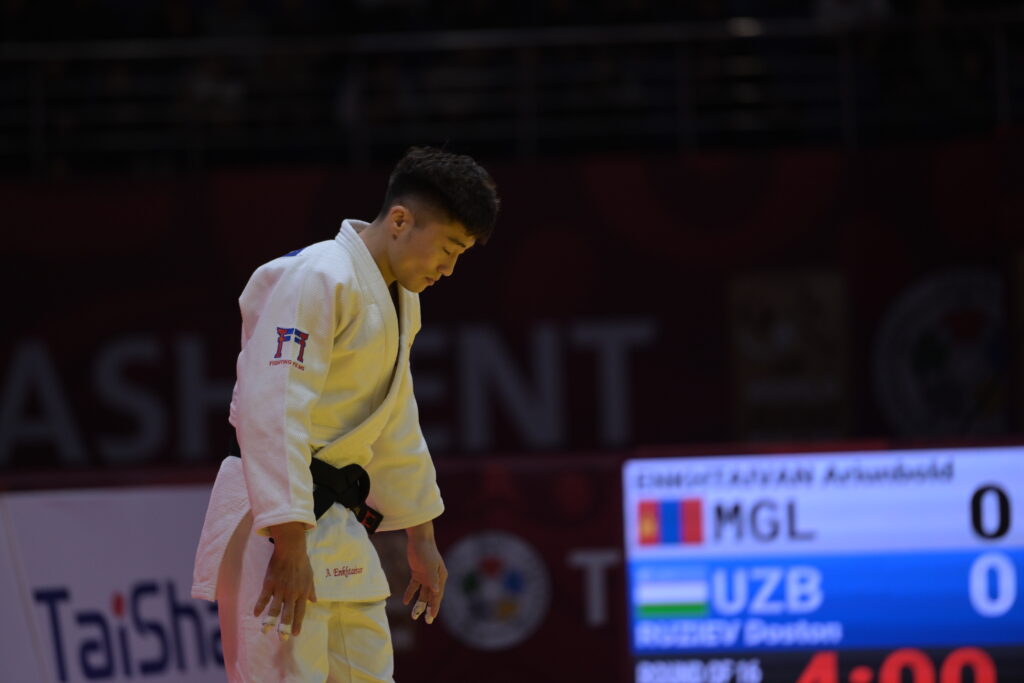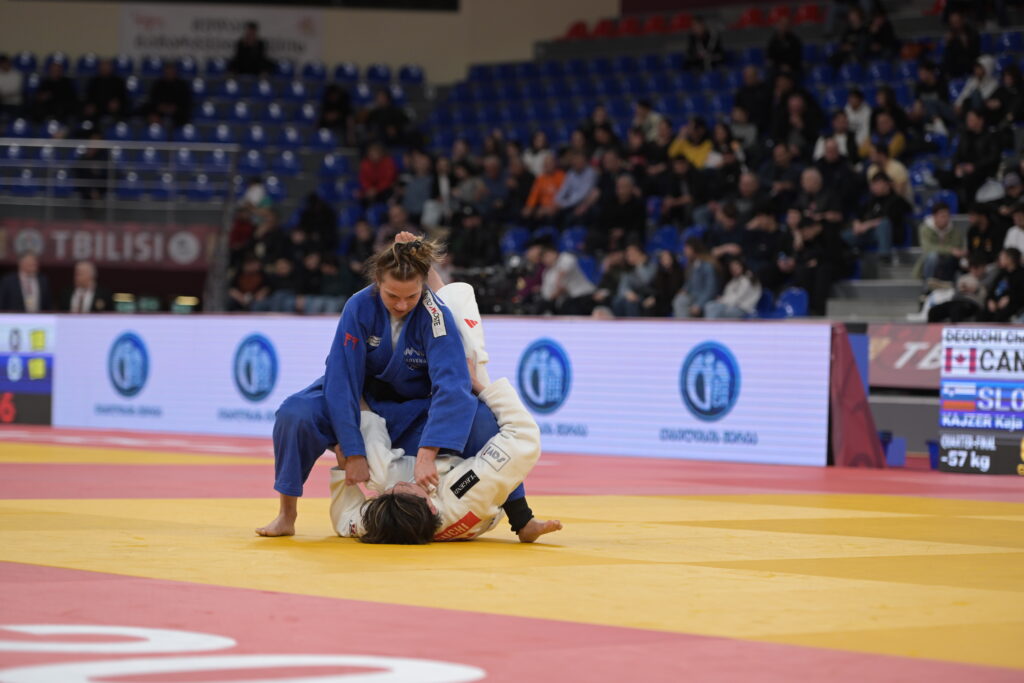Judo, an age-old Japanese martial art, continues to attract enthusiasts from all over the world thanks to its unique combination of throwing, immobilization, ground control and submission techniques. However, as the sport evolves, it is essential to understand the updated judo rules that will govern its practice in 2024.
Values and respect: the foundations of judo
Judo is much more than a simple combat sport, it’s a martial art imbued with profound values such as respect, courtesy and humility. These values are embedded in every aspect of judo practice and are fundamental to the rules of judo.
Respect for the Adversary
In Judo, respect for the opponent is essential. Before even starting a fight, judokas greet each other with sincere respect. This symbolic gesture marks the start of an exchange in which competition is intense, but always marked by camaraderie and mutual respect. Whatever the outcome of the fight, the judokas greet each other again, acknowledging their opponent’s contribution and effort.

Respect for instructors and referees
Respect is not limited to opponents. Judokas must also show respect for their teachers, who share their expertise and guide them along the path to Judo mastery. Similarly, respect for referees is paramount. Referees’ decisions must be accepted with dignity, even if they are not always favorable.
Ethics and Integrity
In addition to respect for one’s opponents, comrades and the referee, ethics and integrity are at the heart of Judo. Judokas are expected to respect the rules of judo, even in the most tense situations. Fighting with honesty and fair play is an absolute priority. All unsportsmanlike behavior is severely reprimanded, as it runs counter to the fundamental values of Judo.
Character building
Finally, judo is more than just physical training. It’s also about introspection, personal development and crucial character-building. Through the rigors of training and the challenges of competition, judokas learn discipline, perseverance and self-control. These qualities help them not only on the tatami, but also in their daily lives.
Weight categories and grades
Weight categories
Competitive judo is organized according to weight categories, allowing fair confrontations between athletes of similar weight. This classification is designed to prevent disparities in size and strength, giving every competitor an equal chance of success. Weight categories vary according to age and level of competition, ensuring a fair distribution of participants.
The weight categories for seniors are as follows:
Women:
- -48kg
- -52kg
- -57kg
- -63kg
- -70kg
- -78kg
- +78kg
Men:
- -60kg
- -66kg
- -73kg
- -81kg
- -90kg
- -100kg
- +100kg
Grading according to judo rules
In addition to weight categories, competitive judokas are often classified according to grade. Grades represent a judoka’s level of skill and expertise, acquired through years of practice, study and dedication. Competitions can be organized according to grade, enabling judokas to compete with opponents of a similar level. In judo rules, grades are represented by colored belts that change according to the judoka’s mastery. Discover the order of belts in judo to learn all about grades.
Progression and Recognition
Progression through weight categories and ranks is a key element in motivating judokas. By working hard and showing progress in their mastery of Judo, practitioners are rewarded with advancements in rank, symbolized by the award of new colored belts. This gradual progression not only testifies to a judoka’s technical skills, but also to his or her commitment to the discipline and respect for the values of Judo.
Judo fighting rules
Most importantly, the rules of judo combat.
In 2024, the rules of Judo have undergone a few adjustments to encourage dynamic play while maintaining the safety of participants. Here are some of the basic rules:
- Fight duration: Fights are generally timed and last a certain number of minutes, depending on age category and level of competition. For seniors in national and international competitions, the fighting time is 4 min. If at the end of 4 minutes the score does not decide between the two opponents, they go to the Golden Score. In the Golden Score, the first to score a point wins the fight.

- Points: Points are awarded for successful throwing techniques, ground control and submissions. An ippon (full point/10 points) is scored for a perfect throw or effective submission, bringing the fight to an immediate end. A waza-ari (half-point 1 point) may be awarded for a partially successful technique.
- Penalties: Penalties can be given for various infractions, such as excessive passivity, illegal catches or unsportsmanlike behaviour. Penalties can lead to points deductions or even disqualification.


